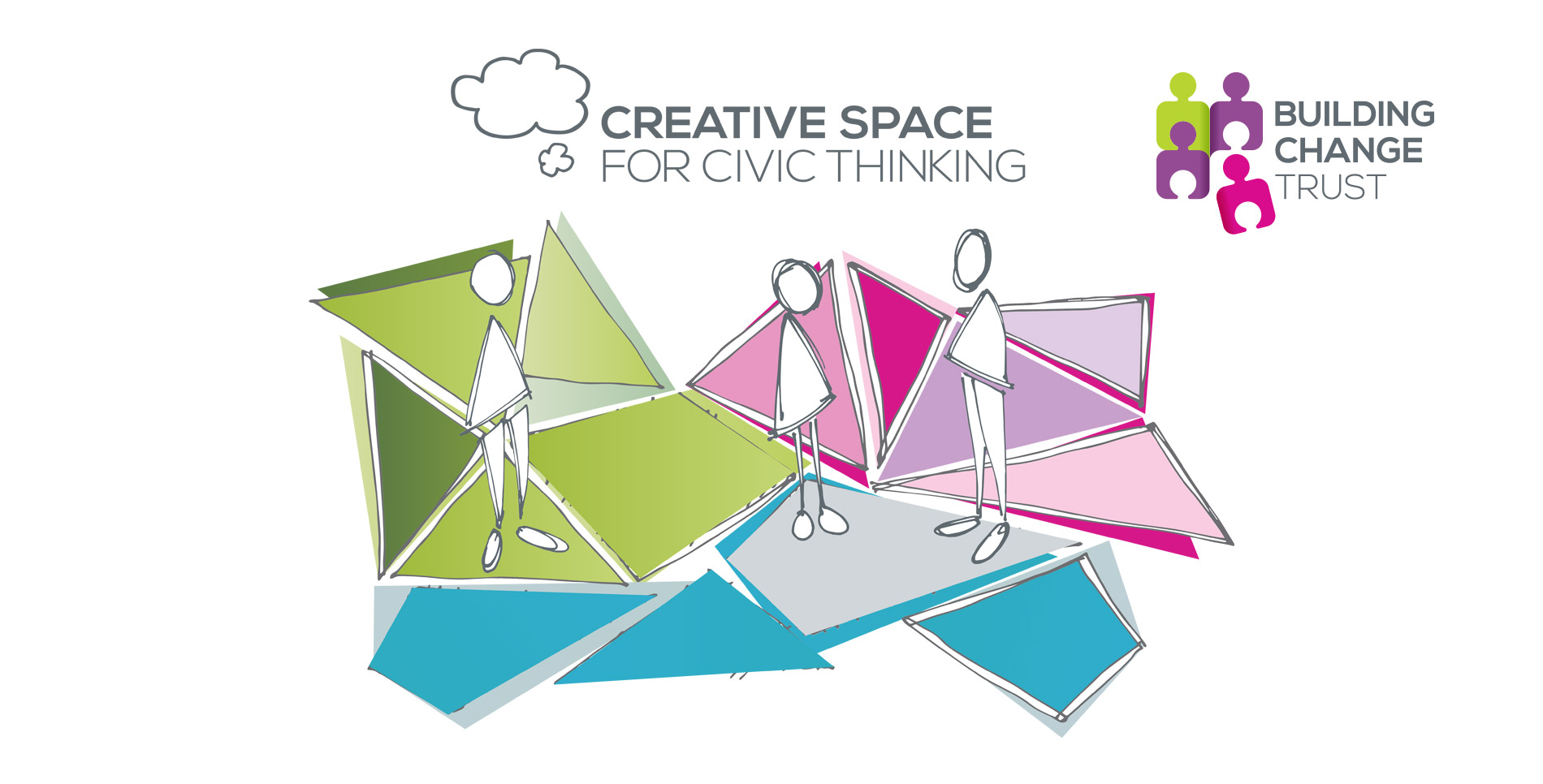As we prepare for the first Citizens’ Assembly for Northern Ireland, we have invited key stakeholders and our own Advisory Group members to reflect on the significance of deliberative democracy in Northern Ireland. In this first guest post, Paul Braithwaite, Development & Implementation Officer at Building Change Trust, discusses why BCT have invested in the Citizens’ Assembly.

Paul Braithwaite, Building Change Trust
The Building Change Trust is proud to be supporting Northern Ireland’s first Citizens’ Assembly. We believe it can demonstrate a new and effective way of involving the public in decision-making in a way that complements and enables the role of elected representatives and statutory bodies.
In the longer-term, sustained use of Citizens’ Assemblies and other mechanisms that enable public deliberation and participation can help to rebuild the deeply damaged relationships between the public, government and politics. We believe this dysfunction is at the core of the institutional instability and stagnation in decision-making Northern Ireland has experienced in recent years.
But how did a Trust set up ten years ago to support transformation in the voluntary, community and social enterprise (VCSE) sector in Northern Ireland end up here?

Part of the answer is in our Trust Deed – the Big Lottery Fund set us up, “to make awards…for the advancement of citizenship”. More specifically however, our journey began in 2013 with the identification of ‘Creative Space for Civic Thinking’ as one of our strategic priority themes. In hindsight perhaps not the best choice of words, but the intention was to support and re-energise the role of the VCSE sector in facilitating public participation in decision-making. After all, that’s where many VCSE organisations find their roots – groups of people, coming together for a common purpose.
In the view of many in the sector, the increasing focus on service delivery and the attendant professionalisation in recent years has had the unintended consequence of watering down this ‘civic voice’ function. Hence, a sector that played a key role in ushering in the Belfast Agreement has actually struggled to find a role for itself in the era of devolved government.
Over the past five years we have sought to help the sector redress this imbalance. We developed a Civic Activism Programme to enable experimentation with creative public engagement methods; we established and supported the NI Open Government Network to work with government to identify reforms that could boost transparency, accountability and participation; and we commissioned research into the independence of the VCSE sector and the health of democracy in Northern Ireland from a citizen’s angle.
Through this work we’ve enabled a group of committed and passionate organisations and individuals to unite behind the goal of deepening democracy in Northern Ireland. On the foot of our ‘Beyond Voting’ report launched in early 2017, we asked them to propose some new ideas to further this goal and the Citizens’ Assembly was one of the results, alongside a parallel project promoting Participatory Budgeting. A group led by Involve, the public participation charity, developed the detail of this idea in the subsequent months and the Trust approved a grant of £100,000 in November 2017.
We’re delighted that this first Citizens’ Assembly, on the topic of social care, is now happening.
In times of political crisis like these our sector can play a key leadership role by injecting fresh ideas and energy and giving voice to those at the margins of society. We believe this Citizens’ Assembly can achieve just that and serve as a model that government and politics can draw from in future to bring society together and advance the common good.

Recent Comments